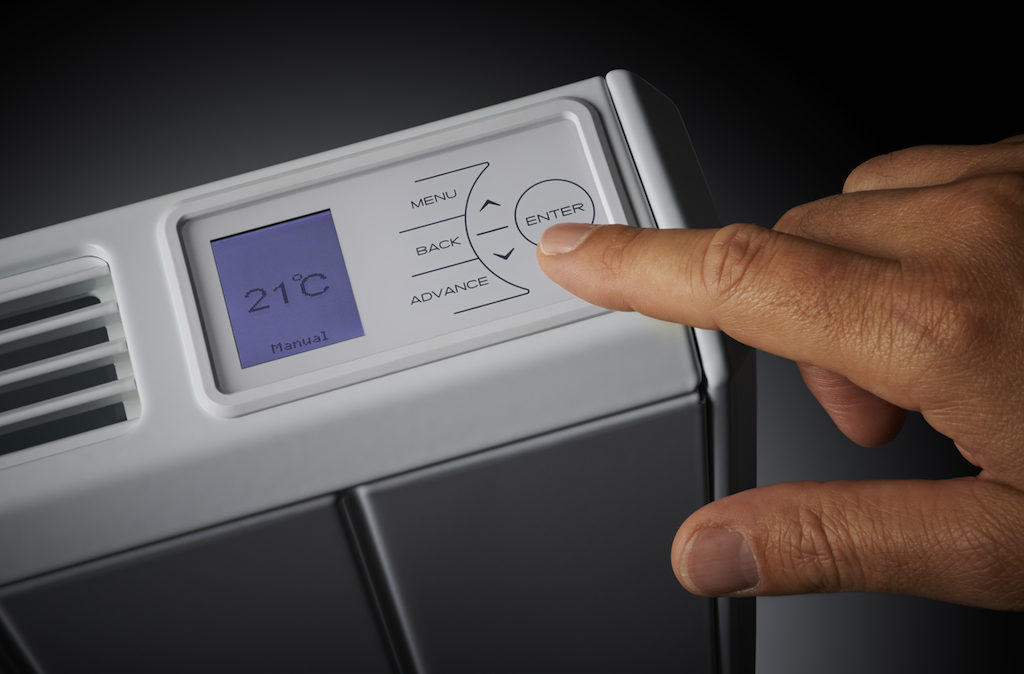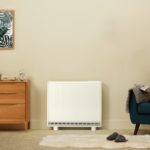The Government’s new Future Homes Standard, set to be introduced by 2025, is designed to encourage the industry to move away from burning fossil fuels to heat our homes. The alternative could lie in electric, says Shaun Hurworth of Glen Dimplex, as he explores the opportunity low carbon heating presents for local authorities.
It’s not just new buildings that can take advantage of the benefits of electric heating and hot water systems. Around 1.8 million homes in the UK are heated by electricity a significant proportion of which are social housing stock – and this number is set to grow in the coming years.
Even aside from the ongoing decarbonisation benefits of being connected to an increasingly renewable-driven electricity grid, excellent controls and energy efficiencies are helping to boost the appeal of electric heating, which is becoming increasingly associated with modern, well-insulated homes and city centre apartments. This resurgence of electric systems has facilitated the development of new technologies and increasingly more innovative applications of existing technologies too.
Heat pumps are an electric technology which brings further opportunities for low carbon heating and hot water solutions, and also offer great example of how much technology has moved on, with capital and running costs coming down as product development and economies of scale start to provide real alternatives to traditional specifications. One example of this is the Dimplex Edel hot water heat pump, which can produce a property’s hot water demand year-round at a fraction of the cost and carbon of a traditional hot water system.
For many local authorities, especially social housing providers, one of the biggest opportunities lies in updating the traditional electric storage heaters in existing properties with high heat retention heaters, like the Dimplex Quantum system.

Intelligent heating solutions
Many electrically heated homes, especially in the social housing market, could be paying more than they need to in order to keep warm because of outdated electric storage heaters. Diving further into the figures behind this – of the 1.7million electrically heated homes in the UK with storage heating, 63% have a heating system which is more than 20 years old, and around 70% are of the old, manually-controlled type static storage heaters.
Replacing these manual storage heaters with intelligent, high heat retention heaters such as the Dimplex Quantum (at an approximate cost of £2,100 based on three heaters, including installation) could reduce the annual running cost by up to £418. This is a total of £8,360 over the typical 20-year lifespan of the heaters — which for many social housing providers and their tenants would go a long way in addressing fuel poverty, which is becoming ever more prevalent in UK households.
The Department for Communities and Local Government estimates that around 65% of all storage heated homes could benefit in Energy Performance Certificate (EPC) from an upgrade to a high heat retention heaters1. As we move towards becoming a low-carbon society, local authorities have an important role to play in addressing the energy used in UK homes. The key will be in working closely with manufacturers to understand the low-carbon technologies available and use them to help future proof housing stock with modern, efficient heating and hot water solutions.









